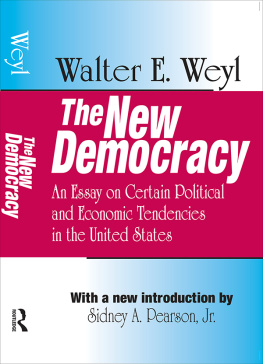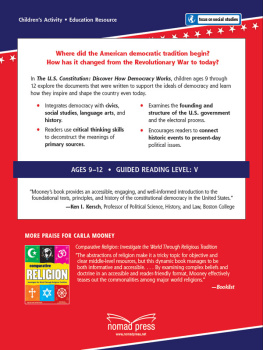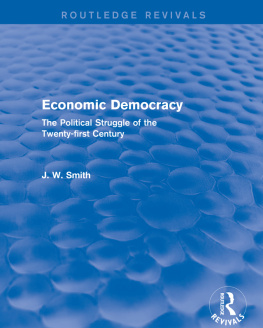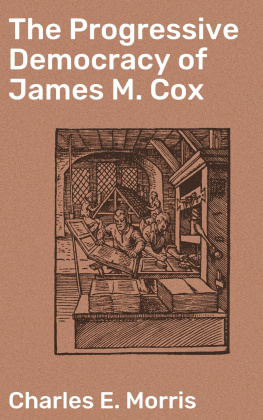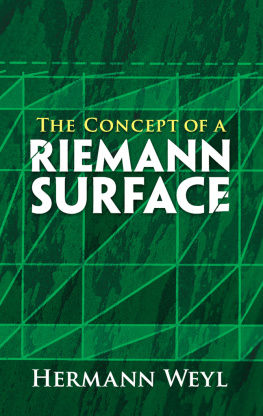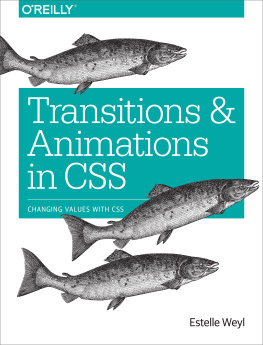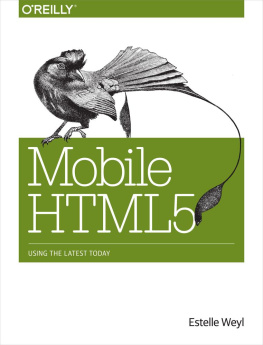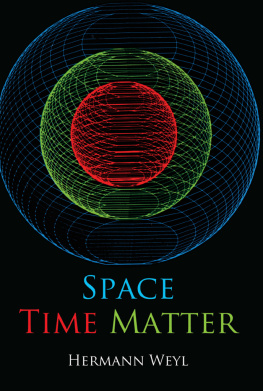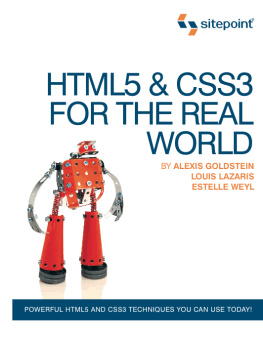The New Democracy
Library of Liberal Thought
Esthetic
Benedetto Croce
with a new introduction by John McCormick
The Case for Modern Liberalism
Charles Frankel
with a new introduction by Thelma Z. Lavine
Changing Disciplines
John A. Ryle
Congressional Government
Woodrow Wilson
with a new introduction by William F. Connelly, Jr.
Constitutional Government in the United States
Woodrow Wilson
with a new introduction by Sidney A. Pearson, Jr.
The Correspondence of John Stuart Mill and Auguste Comte
Oscar A. Haac, editor
New Deal Days: 1933-1934
Eli Ginzberg
The New Democracy
Walter E. Weyl
with a new introduction by Sidney A. Pearson, Jr.
Party Government
E. E. Schattschneider
with a new introduction by Sidney A. Pearson, Jr
Peace and War
Robert A. Rubinstein and Mary LeCron Foster, editors
Politics and Administration
Frank J. Goodnow
with a new introduction by John A. Rohr
Politics and Religious Consciousness in America
George Armstrong Kelly
Quest for Equality in Freedom
Francis M. Wilhoit
Tocqueville and American Civilization
Max Lerner
Toward a New Enlightenment
Paul Kurtz
The Transatlantic Persuasion
Robert Kelley
The New Democracy
An Essay on Certain Political and Economic Tendencies in the United States
Walter E. Weyl
With a new introduction by
Sidney A. Pearson, Jr.
Originally published in 1912 by The Macmillan Company.
Published 2005 by Transaction Publishers
Published 2017 by Routledge
2 Park Square, Milton Park, Abingdon, Oxon 0X14 4RN
711 Third Avenue, New York, NY 10017, USA
Routledge is an imprint of the Taylor & Francis Group, an informa business
New material this edition copyright 2005 by Taylor & Francis.
All rights reserved. No part of this book may be reprinted or reproduced or utilised in any form or by any electronic, mechanical, or other means, now known or hereafter invented, including photocopying and recording, or in any information storage or retrieval system, without permission in writing from the publishers.
Notice:
Product or corporate names may be trademarks or registered trademarks, and are used only for identification and explanation
Library of Congress Catalog Number: 2004046056
Library of Congress Cataloging-in-Publication Data
Weyl, Walter E. (Walter Edward), 1873-1919.
The new democracy : an essay on certain political and economic tendencies in the United States / Walter E. Weyl; with a new introduction by Sidney
A. Pearson, Jr.
p. cm.(Library of liberal thought)
Originally published: New York : Macmillan, 1912.
Includes bibliographical references and index.
ISBN 0-7658-0835-8 (pbk.: alk. paper)
1. United StatesPolitics and government. 2. United States Economic conditions. 3. United StatesSocial conditions. 4. Democracy United StatesHistory. 5. Political scienceUnited StatesHistory.
I. Title. II. Series.
JK271.W4 2005
320.973dc22
2004046056
ISBN 13: 978-0-7658-0835-6 (pbk)
TO
B. P. W.
TABLE OF CONTENTS
WALTER WEYL: THE NEW DEMOCRACY, NATURAL RIGHT, AND THE TRANSFORMATION OF DEMOCRATIC THEORY IN AMERICA*
WHEN Walter Weyl's The New Democracy first appeared in 1912 it was widely regarded as one of the most influential works of the Progressive Era. In his memoirs written shortly after his unsuccessful bid for the presidency in 1912, Theodore Roosevelt ranked Weyl and Herbert Croly as the two writers who had most influenced his post-presidential thinking.1 And Roosevelts judgment on Weyls influence was not an isolated opinion. Among contemporaneous reviewers, a critical comment on The New Democracy scarcely exists. Yet after his death from cancer in 1919 at age forty-six, Weyl slipped into an obscurity that is undeserved. The influence and political thought of Walter Weyl remain largely unknown and unexplored despite a renewed interest in the political thought of the Progressive Era generally.2 This neglect is unfortunate. The New Democracy is one of the important links in the development of the liberal-progressive theory of democracy that needs to be better understood. Part of understanding the roots of this tradition is to find out what it was about works such as The New Democracy that exerted such a powerful appeal at the time and why such works slipped so easily into neglect. Both sides of this question are important in the development of the modern liberal-progressive theory of democracy. For these reasons, Weyl deserves a rediscovery both for the light The New Democracy sheds on its own time and as a point of entry into the foundational arguments over twentieth-century American democratic theory.
A discussion of Weyls work should begin with the observation that much of the revived interest in the political thought of the Progressive Era has its origins in a revived interest in the political science of the American founding. At issue is the apparent break in continuity between the political science of the founders and the very different political science that emerged over the course of the twentieth century. It is an issue that owes a great deal to the German migr political philosopher Leo Strauss, from a work published in 1953. The unlikely linkage among these three periods, the founding, the Progressive Era, and the present, separated as they are by two hundred years of dramatic change, is itself curious. Strauss noted that whatever the opinions of the American people, American social science had broken decisively with the political science of the founders, especially as that thought was connected to the natural rights argument of the Declaration of Independence.3 The rejection of natural rights carried with it the implicit rejection of republican government as the founders understood it. He attributed this to the influence of German historicism in the social sciences that made natural law unintelligible. German philosophy had created what Strauss called the historical sense, or historicism: the idea that all principles are relative in an evolutionary sense because they are products of a particular time, place, and circumstance. And it is in this con text that Weyl emerges as one of the links in the breakdown of the natural rights understanding of the founders. The importance of Weyl is not merely in his rejection of the natural rights tradition, which is common enough in the liberal-progressive tradition, but also the basis of his rejection in a form of an economic methodology that deserves a closer scrutiny, particularly in progressive thought, than it has commonly received.
The Progressive Quarrel with the Founders and Natural Right
The rejection of a natural rights political science in the name of economic determinism was not unique to Weyl. Earlier, J. Allen Smiths The Spirit of American Government (1907) had advanced a similar thesis. The best-known Progressive critique of the founders based on an economic analysis was and remains Charles Beards An Economic Interpretation of the Constitution of the United States

